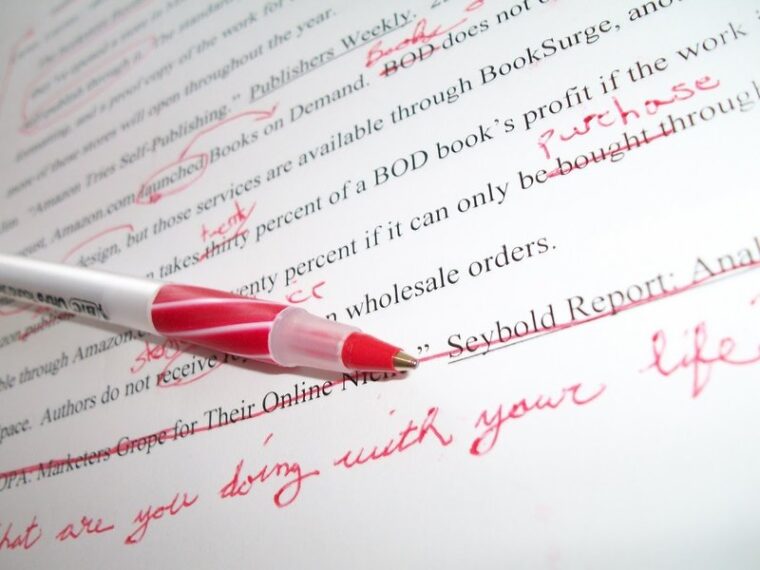Writing papers can often be a long and tedious task for students. It’s easy to get bogged down in the process of researching, writing, editing and revising your paper. But developing an efficient paper writing process that fits your daily routine can make all the difference in the quality of your work.
In this post, we’ll explore some practical strategies and tips on how to effectively plan, structure and write a successful paper. We’ll also look at how to best manage your time when completing such a project, so you don’t have to sacrifice other important tasks in order to finish it.
1. Choose Your Topic

Before you can start writing your paper, you need to choose a topic. This may seem like a daunting task, but it doesn’t have to be. There are a few things you can do to make choosing your topic easier.
First, think about what you’re interested in. What are you passionate about? What do you want to learn more about? Once you have a general idea of what you want to write about, you can start narrowing down your options.
Do my paper can also help you refine your topic. Once you’ve chosen a topic, make sure it’s something you’re comfortable writing about. If it’s something you’re not familiar with, research it thoroughly before starting to write.
2. Do Your Research

Before you start writing your paper, it is important to do your research.
One way to do research is to go to the library and look for books on your topic. You can also use the internet to find information.
There are many websites that can help you with your research. Another way to do research is to talk to people who know about your topic. You can ask them questions and get their opinion on your topic.
Once you have done your research, you should have a good understanding of the topic. This will make it easier for you to write it.
3. Write Your Paper

Here are some basic tips for writing your paper:
1. Start with a strong opening. This will grab the reader’s attention and give them a good idea of what to expect from your paper.
2. Be clear and concise in your writing. This will help keep the reader’s attention focused on it.
3. Use supporting evidence throughout your paper to back up your claims. This will make your argument more convincing to the reader.
4. End with a strong conclusion that leaves the reader satisfied with what they have read.
4. Edit and Proofread Your Paper

This step is important because it allows you to identify and correct any errors in your paper before you submit it for assessment.
When editing and proofreading your paper, it is important to read through it carefully to identify any mistakes. Once you have identified any mistakes, you can then correct them. If you are not sure how to correct a particular mistake, you can consult a guidebook or ask a tutor for help.
5. Submit Your Paper

This can be done by emailing it to your professor, submitting it online, or printing it out and handing it in. Once you have submitted it, you will need to wait for feedback from your professor. This feedback will help you determine what changes need to be made to your paper before it is due.
With consistent practice and determination, you will eventually find yourself able to write clear and well-crafted essays or research papers quickly and efficiently.
